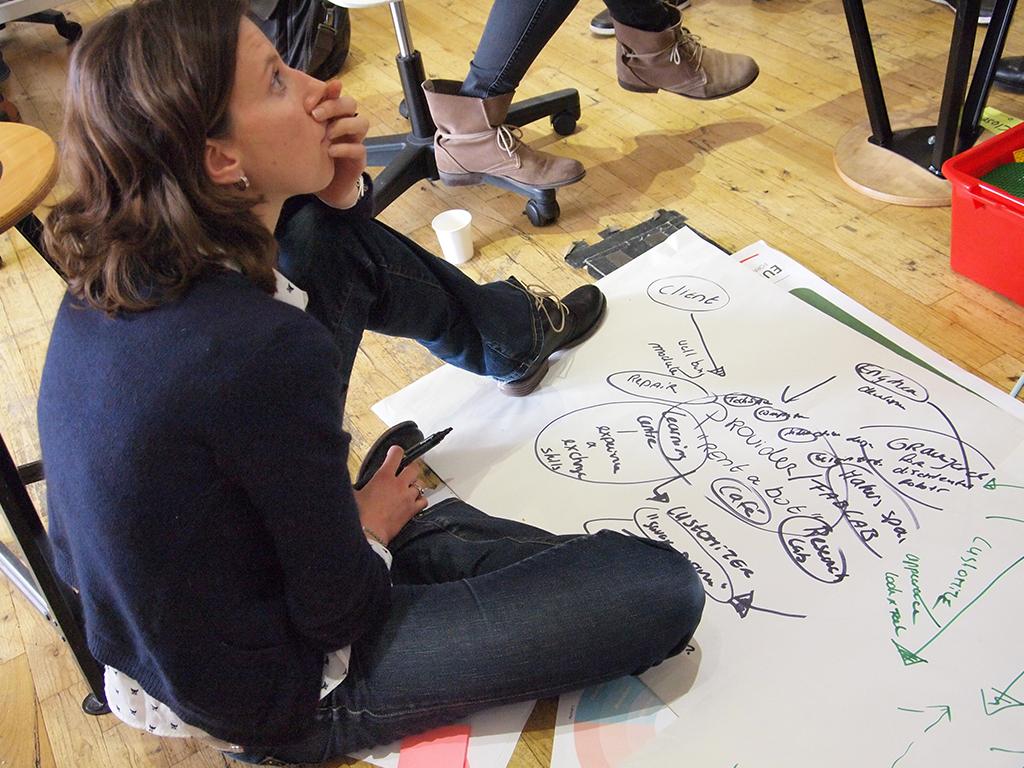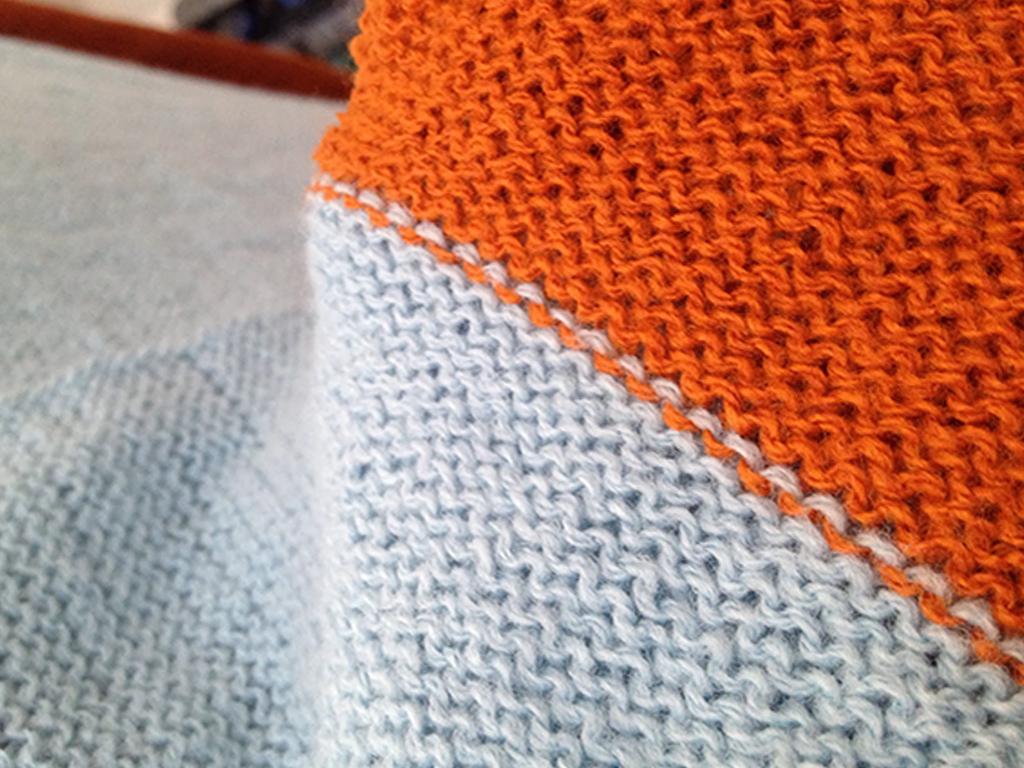The Design Academy Eindhoven and Waag organized a workshop on 4 March, 2014 about Product Service Systems (PSS) design in the age of digital fabrication - Who's designing now? This workshop aimed to explore this area with examples from Japan and Europe/N-America, and discussions about how to understand these in a PSS context.
The full report is available as a pdf
Savage designers
The day kicked of with an introduction by Daijiro Minzuno, design researcher at Keio University explaining his ideas of the ‘Savage designer’. According to Minzuno, due to digital production technique, we see a rise of professional amateurs. With tools like The Makerbot (www.thingiverse.com/MakerBot) - a website offering templates to design your own jewels, fashion and other products - it is becoming very easy to design or customize products. We have the possibility now to be locally self sufficient and globally connected. Also with the rise of Fablabs, that offer numerous possibilities for citizens to prototype their creative ideas, the amateur is empowered.
As for Daijiro we are entering a new stage in design where we not only design by people, or with people (co-design) but also for people (DIY culture). What is the role of the designer in this rising DIY culture?
According to Daijiro more and more designers will act as a meta-designer overlooking the process and offering or designing a structure for amateurs and professionals to work in. This metadesigner, titled by Daijro as a ‘Savage designer’, is more focusing on designing the system than the actual products. What does this position imply for the various CRISP projects? How can digital manufacturing play a role in designing PSS?
Rise of new design
The workshop concluded with short presentations of each group followed by drinks and energetic discussions on new design roles. It is clear that generative design is an ongoing process. Bottom up energy is merged and not overruled by topdown approaches.
You not only design ‘just’ a product or service, but a whole ecosystem. As a result designers have to rethink their positions. “Empathic conversations are needed to support the rise of new design”, concluded Daijiro Minzuno.


